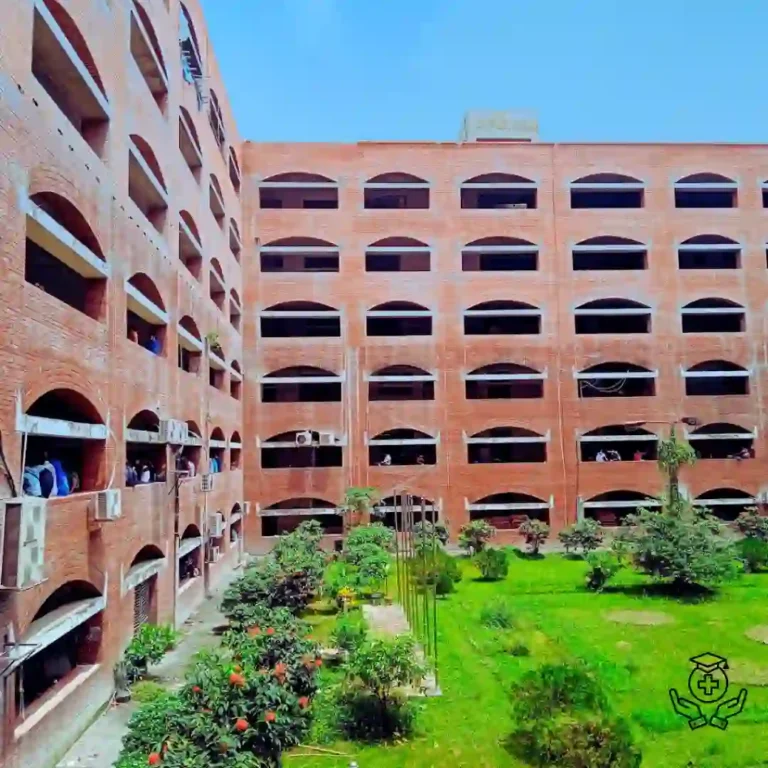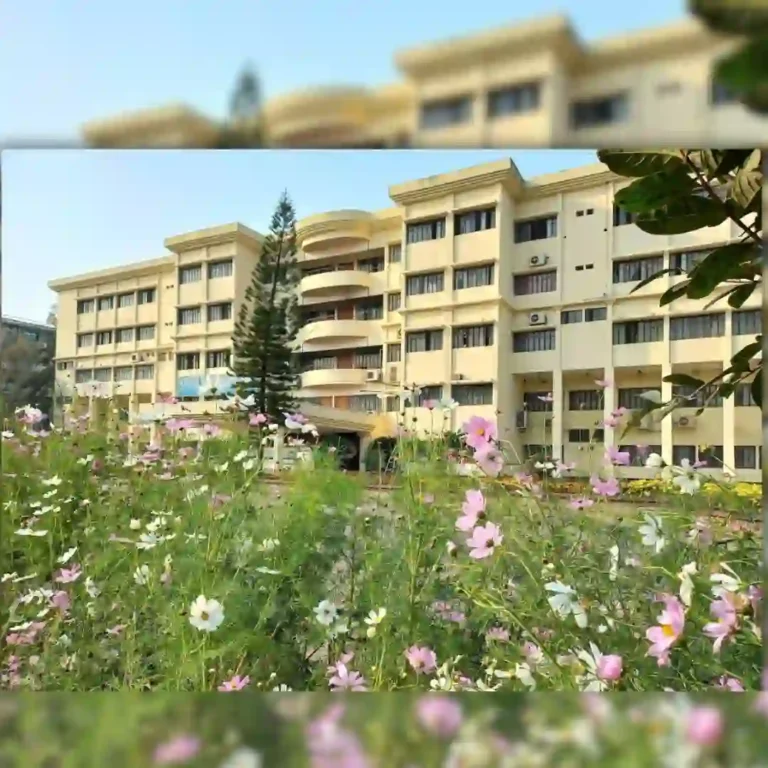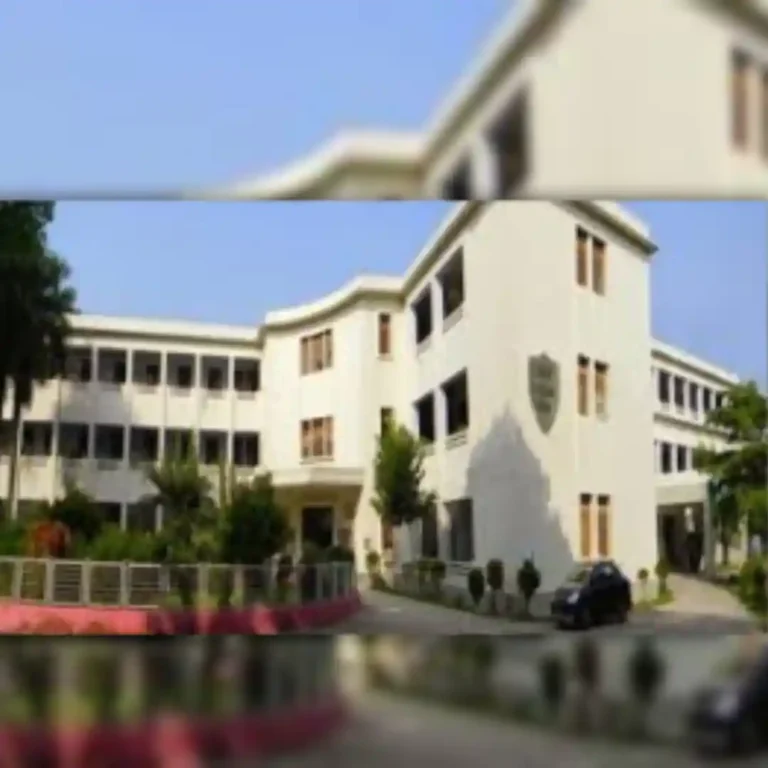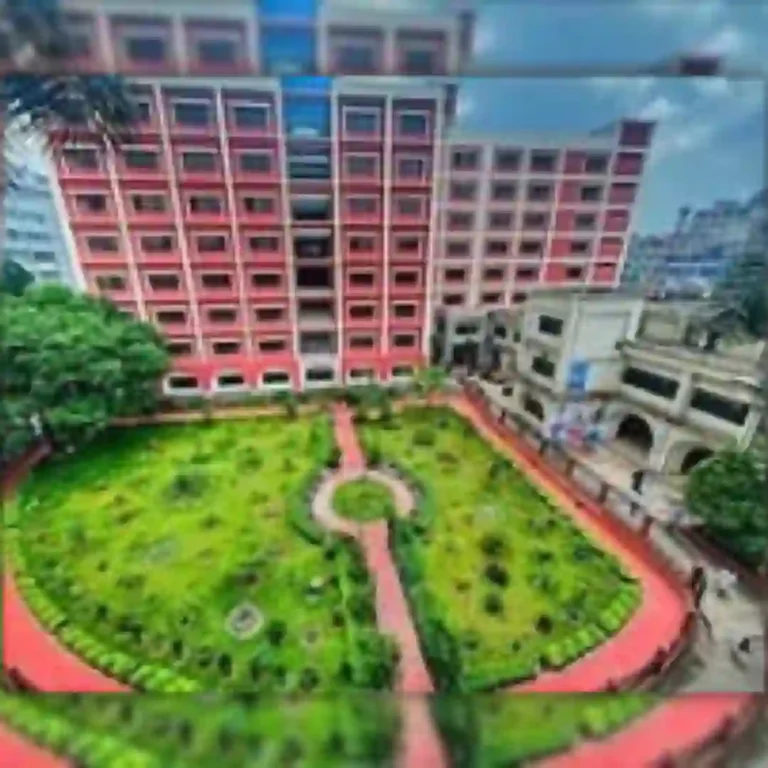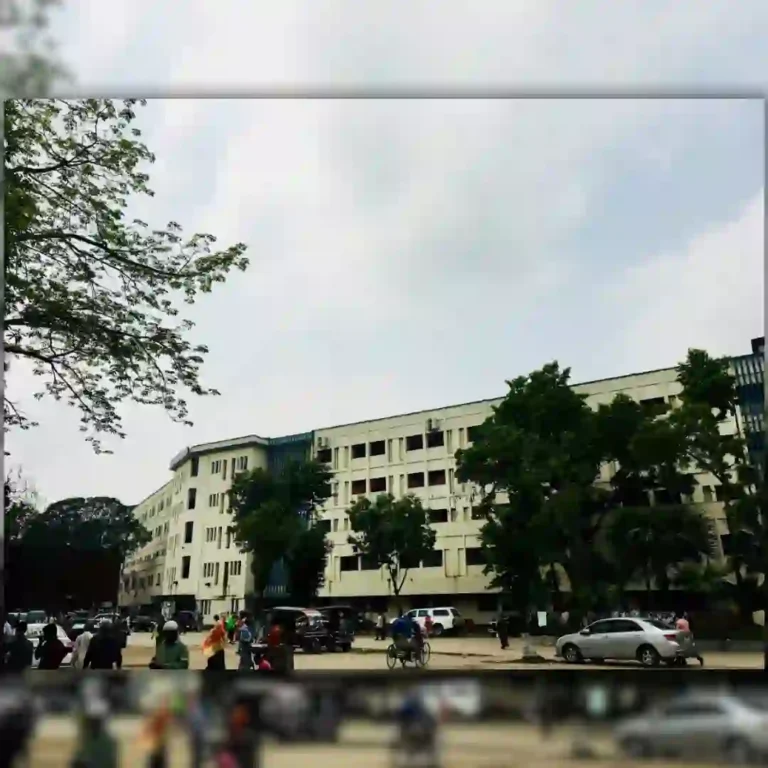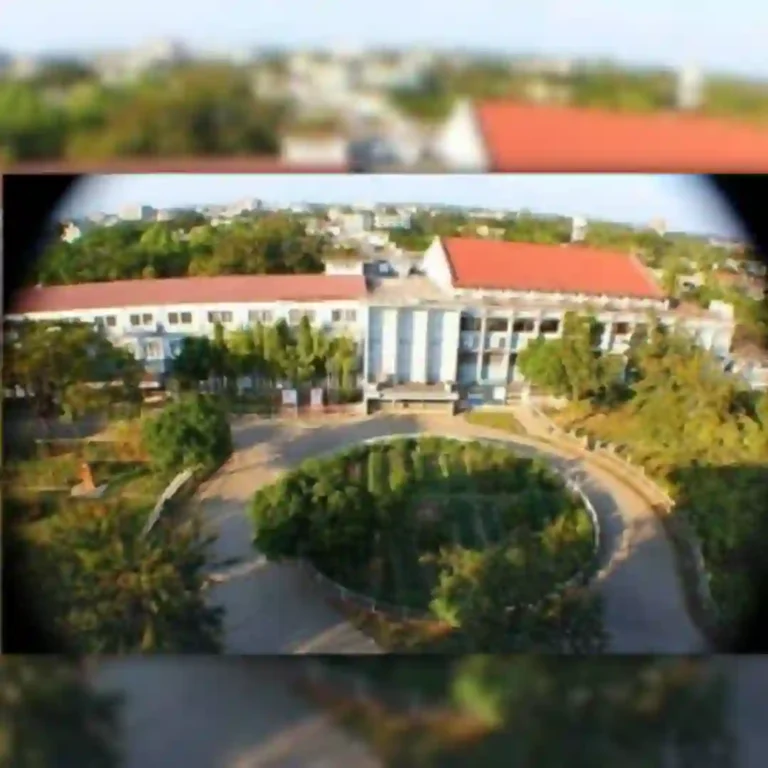Your Comprehensive Guide to Studying MBBS in Chittagong, Bangladesh
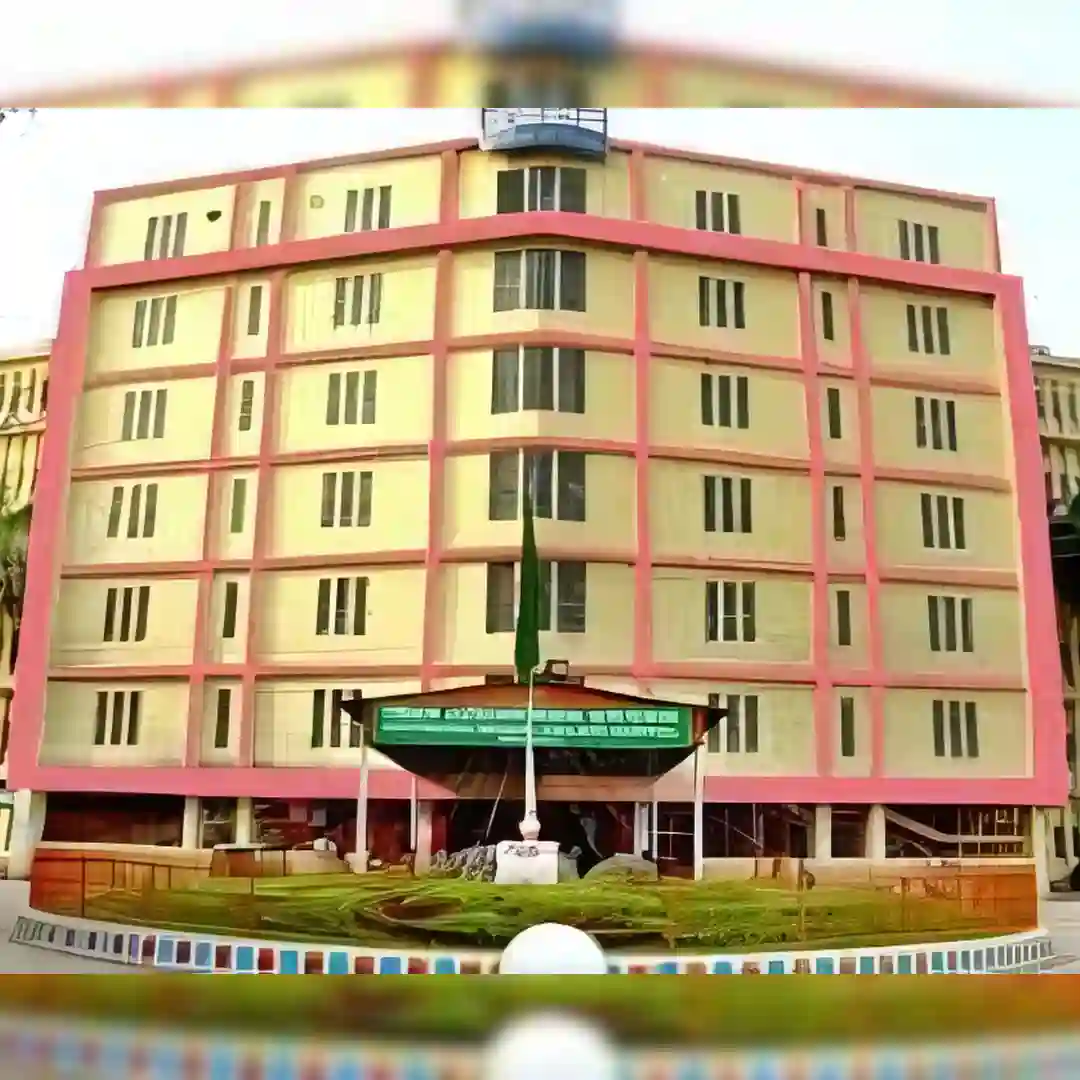
Hey there, future doctors! Ever thought about taking your medical journey to Bangladesh? It might sound like a left-field choice, but more and more international students are heading there for their MBBS, and for good reason! Today, we’re diving deep into why Chittagong, a bustling port city in Bangladesh, could be the perfect place for you to kickstart your medical career. We’ll explore two main options: Chattogram International Medical College (CIMC) and Chittagong Medical College (CMC). Let’s get started, shall we?
Why Choose Chittagong, Bangladesh for MBBS?
So, why Chittagong? Well, let’s break it down:
- Affordability: Let’s be real, medical school can be a wallet-buster. But in Bangladesh, the cost of your MBBS is significantly lower than in many other countries, especially when you compare it to private medical colleges back home.
- Quality of Education: Don’t think lower cost means lower standards. Bangladeshi medical colleges have high educational standards and experienced teachers to guide you.
- International Recognition: Your degree won’t just be valid in Bangladesh. MBBS degrees here are recognised by the World Health Organization (WHO), National Medical Commission (NMC), and UNESCO. This means you can practice medicine in many countries after you graduate.
- Practical Experience: You’re not going to be stuck in a classroom all day. There’s a big emphasis on practical training, with regular workshops and case-based learning to get you hands-on.
- Cultural Experience: Especially if you’re from India, Bangladesh will feel like a home away from home, with a similar culture, language, and history. The people are super welcoming, too!
Spotlight on Chattogram International Medical College & Hospital (CIMC)
Okay, let’s zoom in on CIMC:
- Overview: CIMC is a non-government medical college that was established back in 2013. It’s affiliated with the University of Chittagong and Chittagong Medical University. The college is officially recognised by the Ministry of Health and Family Welfare (MOHFW), the Government of Bangladesh, and the Bangladesh Medical and Dental Council (BMDC).
- Academic Programs: The college offers a 5-year MBBS program followed by a 1-year internship. The course is designed according to the Bangladesh Medical and Dental Council (BM&DC) curriculum. You’ll get both academic and practical training, all in English. They even have faculty development programs through regular CME (Continuing Medical Education) and a Medical Education Unit (MEU).
- Facilities and Infrastructure: The college has a 250-bed Medical College Hospital, equipped with all the latest gadgets. There’s plenty of space for teaching, training and medical services.
- Faculty: The teaching staff are truly dedicated and of high-quality in all the basic, para-clinical and clinical subjects. The professors are well-educated and have lots of experience.
- Curriculum Details: You’ll study subjects like anatomy, biochemistry, and physiology in your early years. Later, you’ll move onto clinical disciplines like medicine, surgery, and gynaecology.
Spotlight on Chittagong Medical College (CMC)
Now, let’s take a look at CMC:
- Overview: CMC is a public medical college, one of the oldest and most prestigious in Bangladesh. It was established way back in 1957. It’s affiliated with Chittagong Medical University. It’s also the second-oldest and second largest medical educational institute in the country.
- Academic Programs: CMC also offers a 5-year MBBS program, followed by a mandatory 1-year internship. The curriculum is thorough, covering various medical and surgical specialities.
- Facilities and Infrastructure: You’ll find modern classrooms and labs equipped with the latest tech. The teaching hospital, Chittagong Medical College Hospital, gives you lots of hands-on training. There’s also a huge library with all the resources you’ll need. And yes, there is residential accommodation for both boys and girls.
- Faculty: CMC has a seasoned and experienced teaching faculty.
- Research and Community Engagement: The college is actively involved in medical research and community outreach programs, so there’ll be lots of opportunities for you to get involved.
Comparative Analysis: CIMC vs. CMC
So, which one’s for you? Let’s compare:
- Private vs. Public: CIMC is a private college, while CMC is a public one.
- Fees and Affordability: CIMC’s fees are around $39950. Public colleges, like CMC, are usually more affordable for international students, with a total fee of $1000.
- Facilities: CMC has a large, affiliated hospital, while CIMC’s associated hospital has 600 beds.
- Teaching Style: CIMC may have a greater focus on practical learning.
- Research Focus: CMC has a big emphasis on research and community engagement, while CIMC also conducts guided research.
- Student Body: CMC is likely to have mostly local students, while CIMC may have a mix of local and international students.
Admission Requirements and Process
Ready to apply? Here’s what you need:
- General Eligibility: You’ll need to have passed your SSC (Secondary School Certificate) and HSC (Higher Secondary Certificate) or equivalent exams. Make sure you have a good GPA in your HSC, especially in Biology. You need to be at least 17 years old by 31st December of the admission year. And, of course, a valid passport is a must.
- For Indian Students: You’ll need to pass the NEET exam with qualifying marks. There are minimum score requirements for different categories (UR, OBC/SC/ST, PWD).
- Application Process at CIMC:
- First, fill in and submit the application form.
- Then, there’s an admission test.
- Submit all your documents.
- You’ll be assessed by a medical board.
- If you’re selected, you’ll receive an offer letter.
- Lastly, start your visa application.
- Application Process at CMC: Admission is primarily based on your academic merit and performance in the national medical college admission test.
- Required Documents: You’ll need documents such as application forms, academic certificates, passport-sized photos, national ID cards, medical certificates, and NEET scores.
- Visa Application: It’s best to start your visa application as soon as you can because it can take a while.
Fees and Living Costs
Let’s talk money:
- Tuition Fees: As we mentioned, CIMC’s tuition is around $39950. CMC’s total fee including first year tuition and hostel fees is $1000. Just keep in mind that tuition fees can vary from college to college.
- Hostel Fees: For CIMC, hostel fees can be around $65 per month. Hostel fees at CMC are $100 per year.
- Living Expenses: Living comfortably in Bangladesh should cost you around US$300 per month. This includes your accommodation, food, transport, and other essentials.
- Financial Planning: It’s really important to have a solid financial plan that covers all of your tuition, living costs, and other expenses.
Hostel and Accommodation
Where will you live?
- Hostel Facilities: Both CIMC and CMC offer separate hostels for boys and girls. You’ll get basic amenities like comfy rooms, a mess hall, common kitchens, internet, laundry, and refrigerators. Safety is also taken care of with CCTV.
- Off-Campus Options: If you prefer, you can also find off-campus accommodation, with costs varying depending on the area.
- Hygiene and Food: You’ll be pleased to know that hygienic food is provided, and the hostels are kept clean.
Student Life and Support Services
What’s it like outside of classes?
- Extracurricular Activities: You’ll have plenty of opportunities for sports, cultural events, and other recreational activities.
- Student Support Services: The colleges also have support services like counselling and career guidance.
- Campus Environment: You’ll be studying in a vibrant, multicultural environment with a diverse student population.
- Student Exchange: If you study at the University of Chittagong, student exchange programs are a possibility.
Internship Opportunities
What happens after your studies?
- Mandatory Internship: A one-year rotating internship is mandatory after your 5-year MBBS program at both CIMC and CMC.
- Practical Training: You’ll get hands-on training in hospitals, gaining exposure to real-world medical situations.
- Experiences: You’ll learn how to interact with patients and deal with real cases.
- Mentorship: Throughout your internship, you’ll be supervised by medical specialists.
Career Prospects and Alumni Success
What comes after graduation?
- Global Recognition: The MBBS degree you get is recognised globally. You can go on to practice medicine in pretty much any country you want.
- Alumni Networks: Both CIMC and CMC have alumni networks where you can make connections for your career.
- Success Stories:
- CMC has a long list of notable alumni including Samanta Lal Sen (Minister of Health and Family Welfare), Pran Gopal Datta (Vice Chancellor of Bangabandhu Sheikh Mujib Medical University), and Sayeba Akhter (Ekushey Padak awardee).
- Graduates pursue diverse careers in healthcare, research and teaching.
- Opportunities: You might even have the opportunity to work at international hospitals and corporations.
The SAARC Quota
A quick note on the SAARC quota:
- Overview: There’s a special quota for students from SAARC (South Asian Association for Regional Cooperation) countries.
- Eligibility: The quota is not open to Indian students as they often have a separate agreement.
- Benefits: It’s a really cost-effective way to study medicine, with reduced tuition fees.
- Application Process: You’ll need to apply through the designated authority in your home country.
Advice for International Students
A few tips to help you settle in:
- Cultural Integration: Try your best to adapt to the local culture, language and customs in Bangladesh.
- Safety: Both campuses have good security measures to ensure students are safe.
- Language Preparation: It’s good to brush up on your English skills, as the courses are taught in English.
- Financial Planning: Plan your finances carefully to ensure you are prepared.
- Health and Well-being: Take care of your physical and mental health in your new environment.
Conclusion
So, there you have it! Studying MBBS in Chittagong, Bangladesh is definitely a viable option to consider. You get a quality medical education at an affordable price. Plus, you get to experience a new culture and environment!
If you’re interested, do your research and don’t hesitate to reach out to resources or consultants for help with your application. Best of luck on your medical journey.
